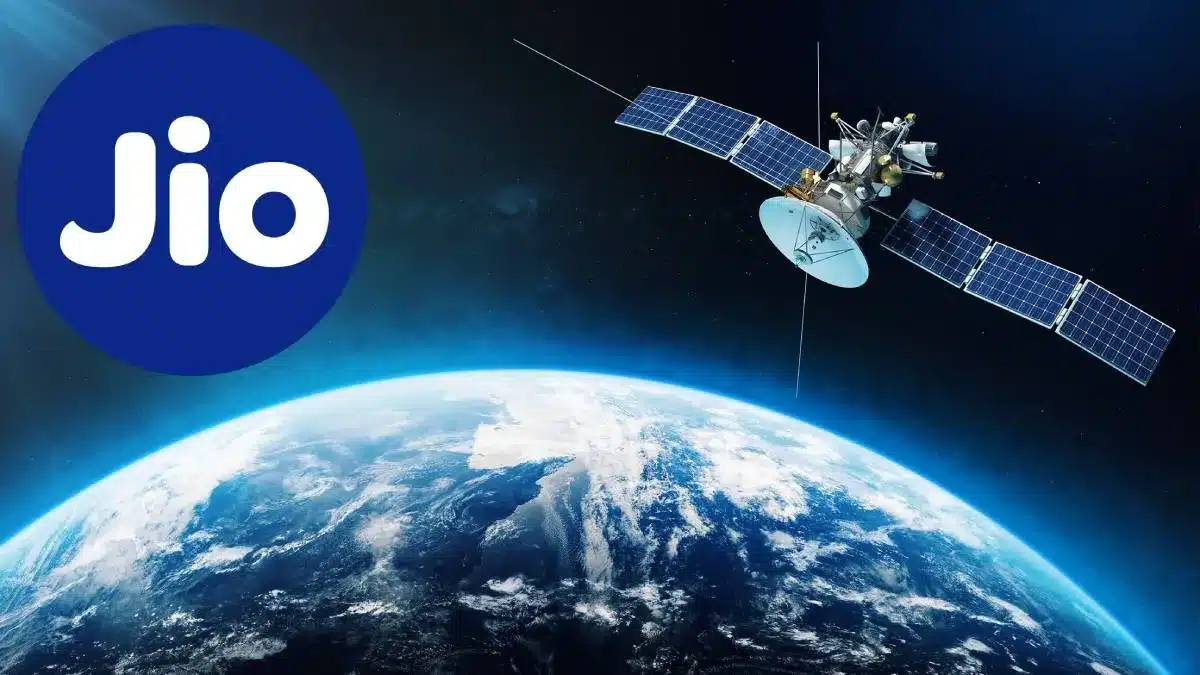Starlink, Jio-SES, and Eutelsat Receive Final Approval for Major Launch

India is on the verge of launching its first commercial satellite communication services by December, as major players like Starlink, Reliance Jio-SES, and Eutelsat OneWeb have secured the necessary approvals to commence operations. This development comes after significant delays in spectrum allotment, which have hindered the country’s potential as a regional satellite communication hub. With the infrastructure ready, industry experts are optimistic about a rollout timeline that could see services operational by late November or early December.
Regulatory Approvals and Timeline
On Wednesday, Starlink became the third company to receive commercial authorization from the Indian space regulator IN-SPACe, following Eutelsat OneWeb and Jio-SES. The approval process has been lengthy, with the Telecom Regulatory Authority of India (Trai) providing its recommendations back in May. An official from a satellite communications organization noted that the Department of Telecommunications (DoT) typically takes two to three months to finalize its recommendations for the Digital Communications Commission (DCC). Once the DCC approves the recommendations, they must be vetted by the Cabinet, after which the DoT will establish rules for spectrum allotment. The official expressed optimism that the government could finalize spectrum allocation by October.
Industry executives indicate that once the spectrum is granted, it would take about a month for the companies to launch their commercial services. This suggests that if everything proceeds smoothly, the services could be available to consumers by the end of November or early December. The three companies have now received all necessary approvals, with Starlink recently obtaining its GMPCS license, paving the way for their entry into the Indian market.
Market Potential and Revenue Opportunities
India’s satellite communication market holds significant promise, with projections from IN-SPACe estimating that the space economy could grow to $44 billion by 2033, capturing approximately 8% of the global market share. The annual revenue opportunity in satellite communications is estimated at $1 billion. The Department of Telecommunications is set to determine pricing and regulations for satellite spectrum allocation based on Trai’s recommendations. This decision follows intense discussions between telecommunications companies advocating for spectrum auctions and satellite firms favoring administrative allocation.
The entry of these satellite communication services is expected to enhance connectivity across the country, particularly in remote and underserved areas. As these companies prepare to launch, the competition is anticipated to drive innovation and improve service offerings for consumers.
Collaboration Among Major Players
Starlink, Eutelsat OneWeb, and Jio-SES are not operating in isolation; they have established partnerships that could influence their market strategies. Both Jio and Bharti Airtel, which has a significant stake in Eutelsat OneWeb, maintain marketing arrangements with Starlink. This collaboration is expected to facilitate a synchronized launch of services, as industry experts believe that no single player will gain a head start in the market. Rohan Dhamija, a partner at Analysys Mason, emphasized that launching simultaneously makes sense from technical, commercial, and compliance perspectives.
Previously, Jio and Eutelsat OneWeb were granted trial spectrum by the DoT to test their services and demonstrate compliance to security agencies. Starlink is also expected to receive trial spectrum soon, allowing it to validate its security measures before the full commercial rollout.
Future Prospects and Challenges
As India prepares for the launch of satellite communication services, the landscape is evolving rapidly. While the approvals mark a significant step forward, challenges remain, particularly concerning the regulatory framework and the competitive dynamics among the players. Amazon Kuiper and Globalstar, another satellite communication provider, are still awaiting regulatory clearances from Indian authorities, which could impact their entry into the market.
The anticipated rollout of satellite communication services is expected to transform the telecommunications landscape in India, offering new opportunities for connectivity and economic growth. As the industry gears up for this new chapter, stakeholders are keenly watching how these developments unfold and what they mean for the future of communication in the country.
Observer Voice is the one stop site for National, International news, Sports, Editor’s Choice, Art/culture contents, Quotes and much more. We also cover historical contents. Historical contents includes World History, Indian History, and what happened today. The website also covers Entertainment across the India and World.
Follow Us on Twitter, Instagram, Facebook, & LinkedIn

